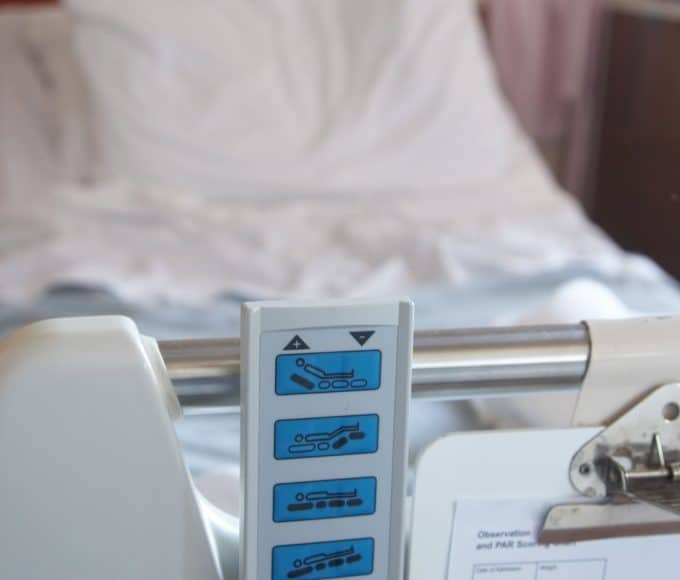Now that summer is in full swing, there is an unprecedented amount of people making their way outdoors to spend their days soaking up the sun, whether it be hiking, swimming, or experiencing everything that nature has to offer. Even with the material out there educating people on how to stay safe in the summer weather, there are still those who succumb to the dangerous heat.
Video Overview
Heat exhaustion is considered the stage before heat stroke sets in and can cause severe damage to your body. As the body’s core temperature rises, physical symptoms begin to set in. The symptoms of heat exhaustion should resolve quickly, in as little as a half hour. In cases where the symptoms last longer than an hour, you should go to the hospital, where you can be monitored and treated with fluids and electrolytes. If this state of heat exhaustion is prolonged for any significant length of time, it can quickly turn into full-on heat stroke.
While heat exhaustion can be dangerous, heat stroke has the potential of becoming deadly. As the rise in body temperature maintains consistent, the body becomes unable to reduces its temperature by sweating. This will keep the body’s temperature at 104 degrees Fahrenheit, physiological systems begin to shut down, causing serious internal injury. Should you start exhibiting symptoms of heat stroke, you should make your way straight to the nearest hospital for treatment immediately.
Even if you aren’t yourself at risk of head injury, it’s best to know the possible symptoms, which may save you or someone you know from injury. Possible symptoms of heat exhaustion include:
- Blurred vision or floating dots in your vision
- Dizziness
- Weakness
- Excessive sweating
- Nausea
- Headache
- Altered speech, such as studdering or incomprehensible speech
- Paleness
- Weak pulse
- Faint Breathing
Should someone begin exhibiting these symptoms, move them to a shady or air-conditioned location, though air conditioning is preferred if at all possible. Have them lie down and attempt to keep them calm. Give them water or a sports drink and have them take small sips. If they persist for longer than an hour, reach out to a doctor. If left unnoticed and untreated, heat exhaustion can lead quickly to heat stroke and be fatal.
Symptoms of heat stroke can morph from those listed above to include:
- Severe headache
- Alteration in sweating, like going from extreme sweating to no sweating at all
- Red face
- Hot, but dry skin
- Vomiting
- Diarrhea
- Fever
- Confusion
- Convulsions
- Unconsciousness
Once someone begins exhibiting these symptoms, call 911 right away. Move the person to air conditioning and remove any tight-fitting clothing to help cool air circulate around the body.
Anyone can experience heat stroke, but there are those who are more susceptible than others. Children and the elderly can become easily overwhelmed, especially from strenuous activity. Those who aren’t acclimated to the heat are also susceptible to possible injury. If you take specific medications or have certain illnesses, you may also be more sensitive to heat injury and illness. Make sure to consult your doctor if you have any sensitivity to the sun or take a large amount of medication to make sure that you aren’t at risk.
Preventing heat injury is crucial if you spend an excessive amount of time outside. If you’re at risk because of any of the traits listed above, it’s especially important to make sure that you do what you can remain safe. Wearing loose fitting clothing, staying hydrated, and avoiding the hottest parts of the day can help significantly in reducing your risk.
While the summer is meant to be a time for relaxation and fun, it can turn deadly if you aren’t prepared. Always keep an eye on those around you in the hottest summer months and act proactively if they start acting in any way unnatural. Make sure to take steps to try and prevent deadly heat injury and have a good time this summer.















